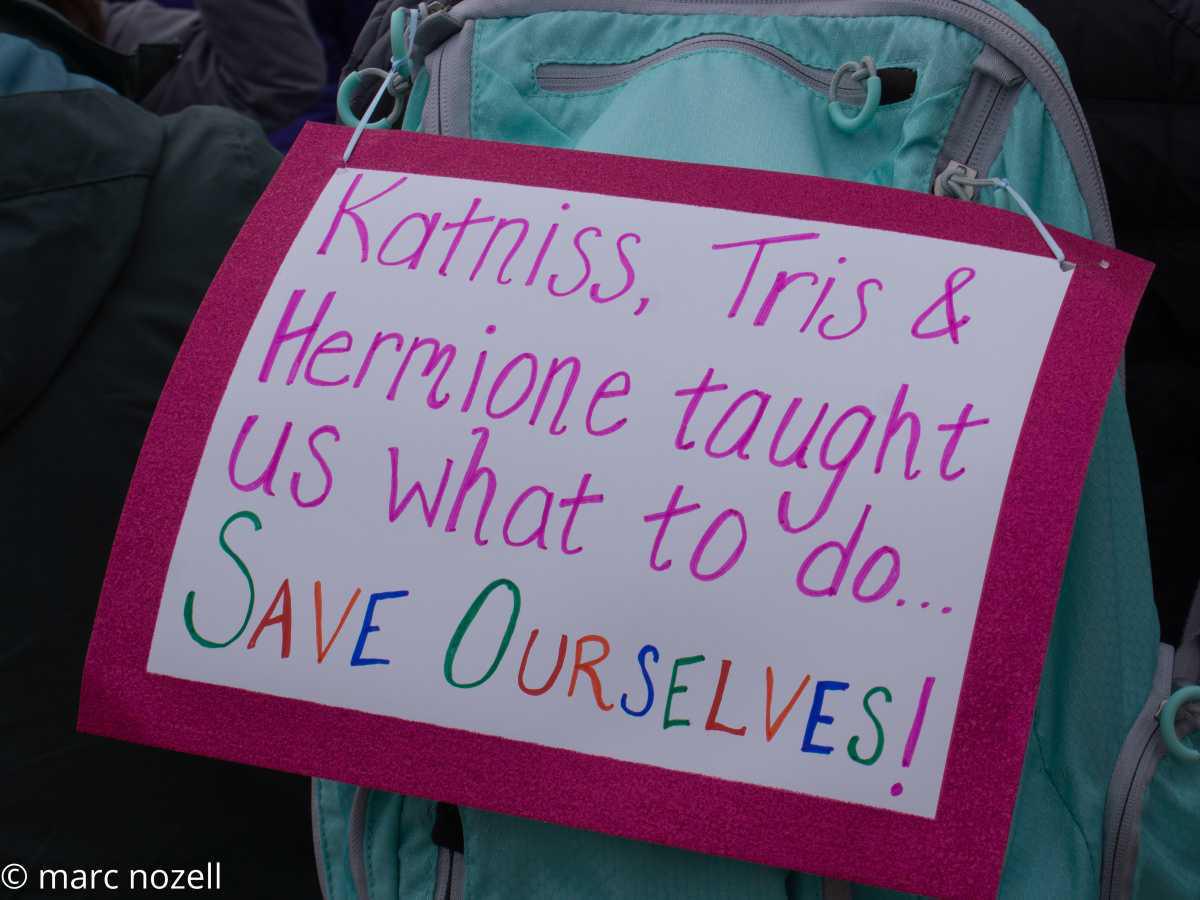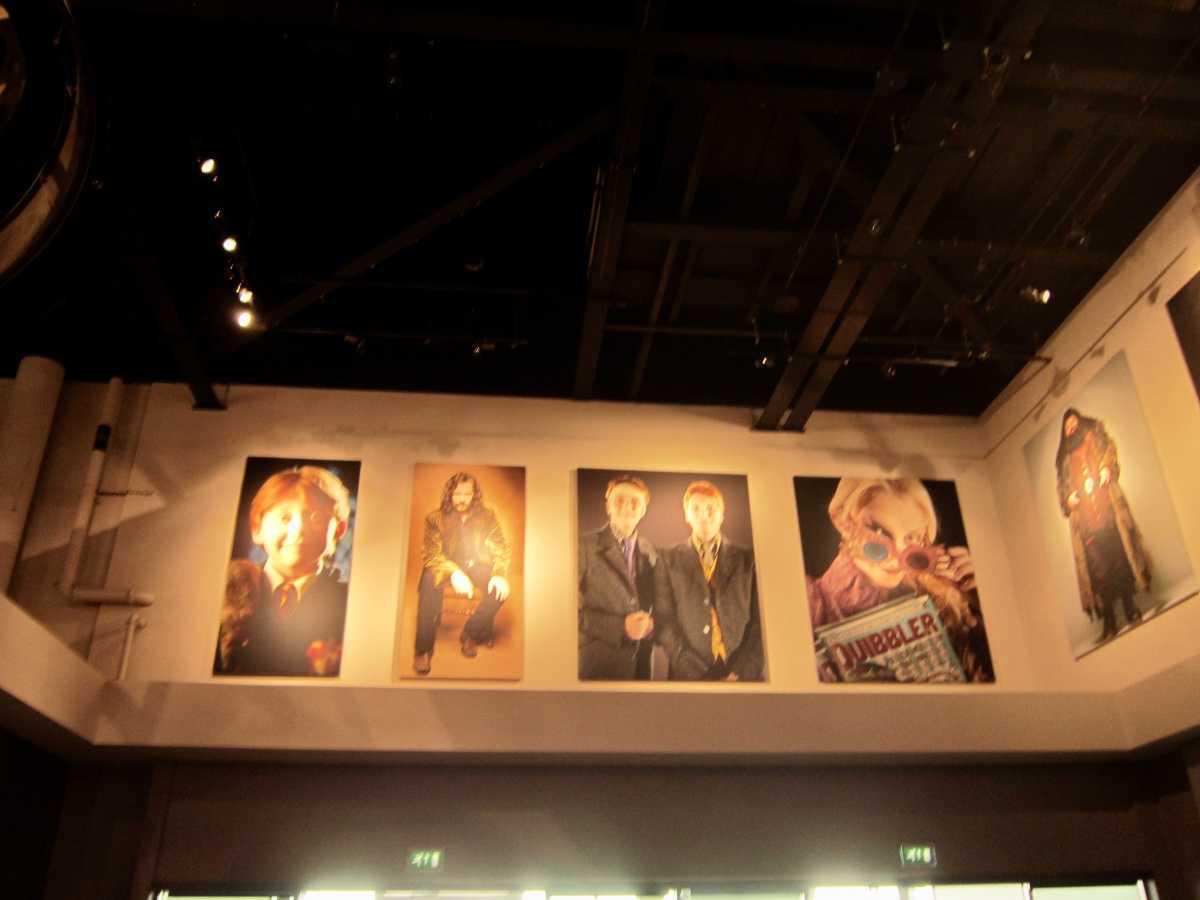Mingle Media TV, Shailene Woodley March 18, 2014, CC BY-SA 2.0 From the book and movie series Divergent.
Fanfiction, often dismissed as the pastime of obsessive fans, has in recent years been reevaluated by scholars as a modern form of folk literature. Like oral tales, myths, and ballads, it emerges from communities rather than individuals seeking fame or profit. It exists outside traditional publishing structures, spreads by way of grassroots networks, and evolves through collective participation. In this sense, fanfiction resembles the storytelling practices of villages and tribes more than it does commercial novels.
The folk quality of fanfiction is particularly evident in its communal authorship. While individual writers produce stories, their plots, characters, and motifs are drawn from a shared cultural reservoir—the source text. Readers offer instant feedback, suggest changes, and even remix the work themselves. This creates an iterative cycle where stories grow not from a single authoritative author, but from many contributors whose voices echo one another. Much as folktales morphed across regions and generations, fanfiction thrives on variation.
Another hallmark of folk literature is its use of archetypes, and fanfiction is saturated with them. The “hurt/comfort” trope, the “enemies to lovers” arc, or the “fix-it fic” are not unlike the motifs identified by folklorists in world epics and fairy tales. These patterns persist because they resonate with human experience, and fanfiction keeps them alive by weaving them into new settings. One might argue that the Marvel Cinematic Universe is today’s pantheon, and fanfiction its myths, retold in endless permutations.
Marc Nozell from Merrimack, New Hampshire, USA, 20200118-DSC07029 (49406004492), CC BY 2.0
Importantly, fanfiction also democratizes storytelling. Folk literature historically gave voice to those outside elite cultural production: peasants, women, and marginalized groups. Fanfiction echoes this by providing a platform for writers who may be excluded from traditional publishing. Women, queer communities, and people of color dominate many fan spaces, reimagining mainstream narratives to reflect their own desires and realities. This continuation of folk traditions reveals that storytelling is not the property of a few, but a shared human right.
Moreover, fanfiction is deeply performative, existing less as fixed text than as living interaction. Much like oral tales told around a fire, fanfiction exists in the act of telling, retelling, and responding. A single story may spawn thousands of comments, memes, spin-offs, and re-interpretations. The tale is never “finished” but instead exists in a dynamic state of flux, shaped by its audience. The participatory culture makes each story part of a broader performance of community.
Critics often scoff at fanfiction’s amateurism, but this too places it in line with folk traditions. Folktales were never polished literary works; they were messy, contradictory, filled with exaggeration and improvisation. Fanfiction’s lack of “professional” editing and its wild proliferation of genres mirror the raw vitality of oral culture. Its value lies not in refinement but in the sheer abundance of human creativity it reveals.
At the same time, fanfiction challenges modern ideas of ownership. Folk tales belonged to everyone and no one; characters and motifs were communal property. Fanfiction exists in this same ambiguous space—legally precarious, yet culturally uncontainable. In appropriating corporate intellectual property and transforming it, fans reinstate the older understanding that stories are part of a commons, not a commodity. In this way, fanfiction rebels against capitalist notions of art as product.
Yet fanfiction is not only nostalgic for folk processes—it also pushes them forward in digital form. The internet is the new village square, where stories are told and reshaped in real time, accessible to millions rather than dozens. The velocity of fanfiction’s circulation accelerates what oral transmission once did slowly, allowing folk motifs to mutate within days rather than decades. The folk voice is not lost in the digital age; it has simply adapted to new tools.
Ultimately, to read fanfiction as folk literature is to acknowledge that people never stopped telling each other stories. They only shifted platforms. Fanfiction is not an aberration from “real” literature but a continuation of humanity’s oldest creative instinct: to gather, to imagine, to share, and to revise. By treating it as folk literature, we can see in its sprawling archives not frivolous indulgence, but the living pulse of culture itself—unofficial, unpolished, but profoundly human.


